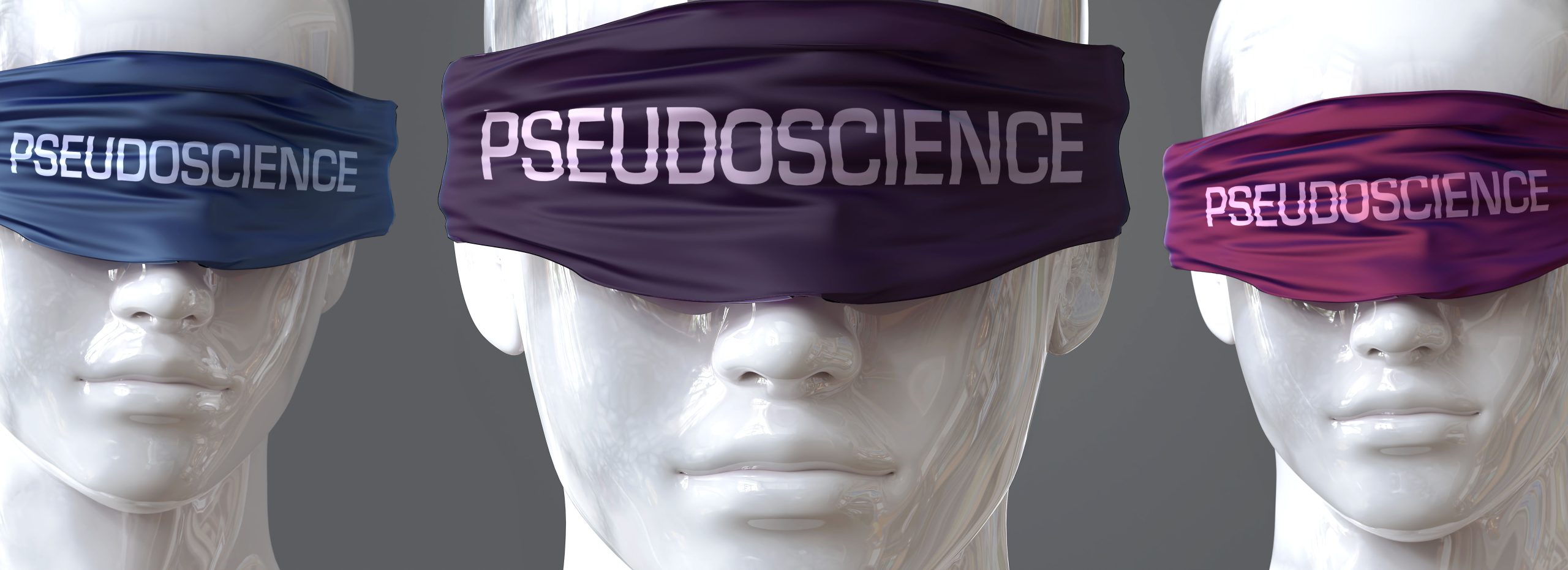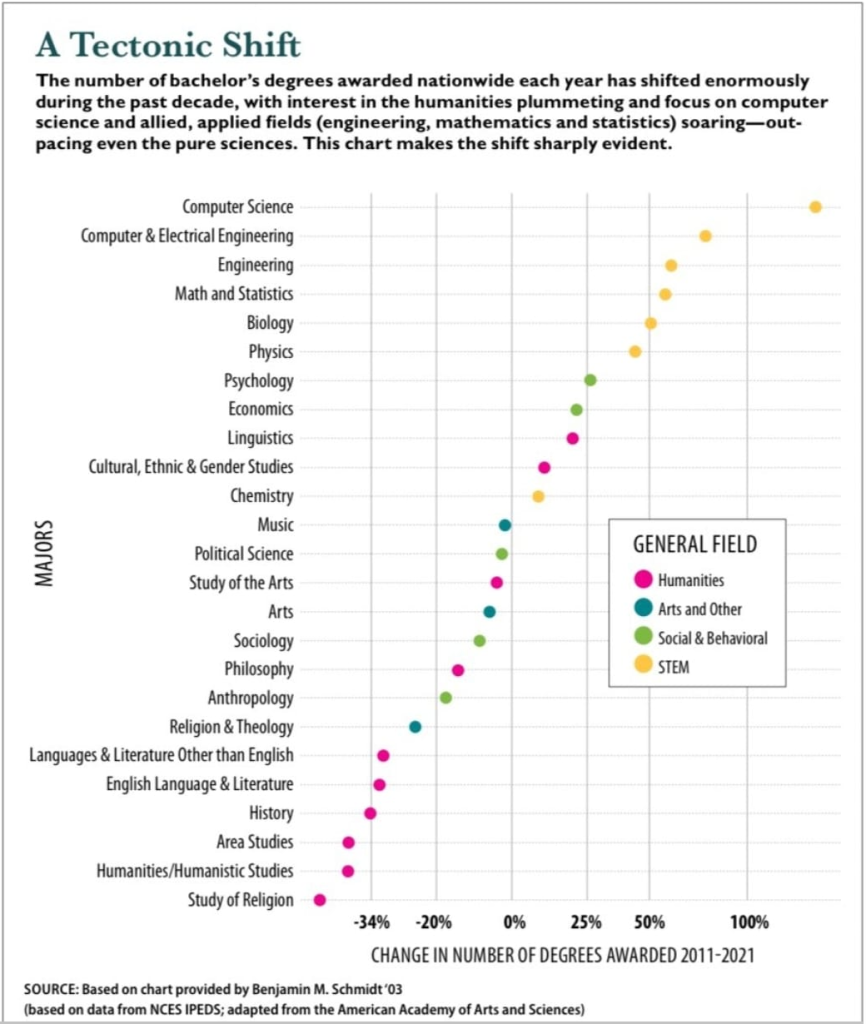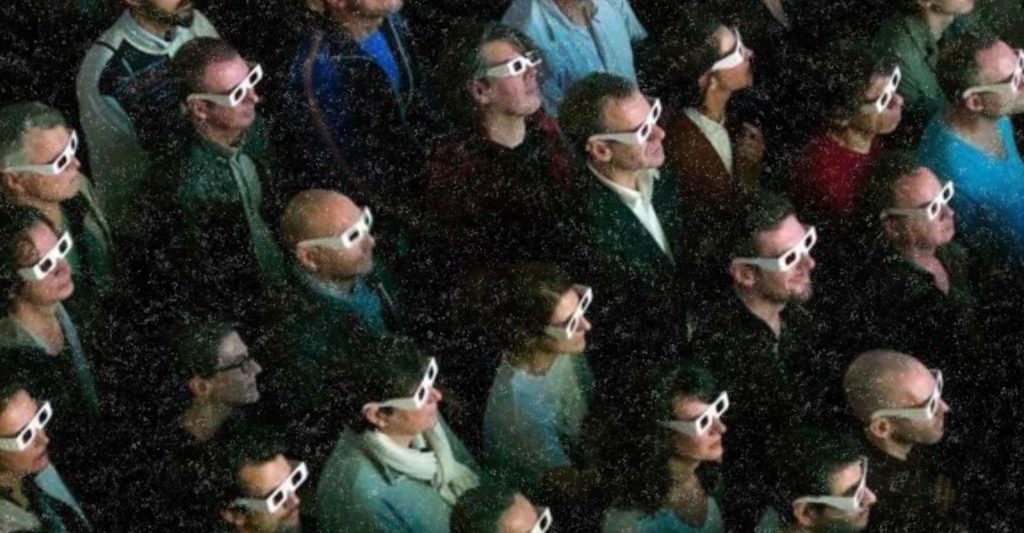
Why are the Social Sciences Considered Pseudoscience?
The COVID-19 pandemic gave America a shocking wake-up call when it came to our mental health. For starters, the pandemic led to a significant increase in the number of people experiencing mental health problems. A study by the World Health Organization found that the number of people with depression and anxiety increased by 25% during the pandemic. It took the global pandemic to uncover the epidemic of loneliness, anxiety and depression (that was also exacerbated by the pandemic) to show many of us that our mental health is just as important as our physical health. But, finally we are starting to understand more about how our psychology impacts our mental health and what role our social lives can play in that dynamic, including their role in crime, poverty, homelessness, and other issues.
Why did it take us so long to realize that mental health is such an important factor in shaping our social and individual well-being? Some say we just didn’t know yet. We’d never experienced anything collectively quite like Covid. (Granted there were pandemics in human history before, but not to the scale of 8 billion people living at the same time and with the global connectivity we have now.) But I have another theory. And I first started to think about this factor when I was considering enrolling in some psychology courses at a local college. When I was looking at the course offerings, I noticed something: the social science courses I was interested in—like psychology, economics, and sociology—were not listed (despite the name “social sciences”) under the umbrellas of the Sciences. They were listed under the humanities in the school of liberal arts.
Now, I know there is a whole academic debate about whether the social sciences are actually “science” and whether they deserve to be treated as such alongside the so-called “hard” sciences like physics or chemistry. But regardless of what you think of the level of mathematical or analytical rigor of the social sciences, they certainly should not be considered as pseudo-science. They are among some of the most important areas of inquiry that we have, and the pandemic illustrated that in real time. We study the social sciences because they help us understand our human society and the interpersonal relationships of individuals as members of a society. Could the fact that we don’t esteem the social sciences enough on our campuses and in our debates unconsciously be a reason why we have not taken social wellness seriously enough? Could that lack of esteem also be part of the reason that college students are increasingly pursuing their pocketbooks instead of their passions, moving in larger numbers toward more lucrative majors like business and computer science?

Treating social science as a pseudo-science has implications beyond the pandemic. We have consistently neglected to examine and expose the risks posed to public health and to mental health by all kinds of technological advances in recent years, from social media to the smartphone. It seems to be easier to ask for forgiveness than for permission when it comes to the toll that these devices and technology take on our well-being.
So many tech entrepreneurs live by Facebook founder Mark Zuckerberg’s now-famous motto, “Move fast and break things.” The problem is that some of those things that are being broken are our brains. And the social sciences could have helped us figure that out a lot sooner. In a recent episode of 60 Minutes, Google CEO Sundar Pichai was asked about his concerns with emerging AI technology, and it was precisely this issue he raised. If a new technology is moving fast and promises to make money, then we tend to overlook or neglect some of the potential pitfalls involved until it is too late. We need social scientists involved in this process now and not later. It was therapists and psychologists who first learned about their patients experiencing harms like migraines from excess blue light exposure. This sort of potential harm should have been explored earlier, before our physiology was being bombarded by our new (and potentially harmful) forms of technology.
Public health needs more resources and more awareness when products are being deployed into the human market for consumption. Hard sciences and social sciences should not act as two separate things in this endeavor. They should work together. And we all need to value what the social sciences can teach us about living our best lives in the world around us.






